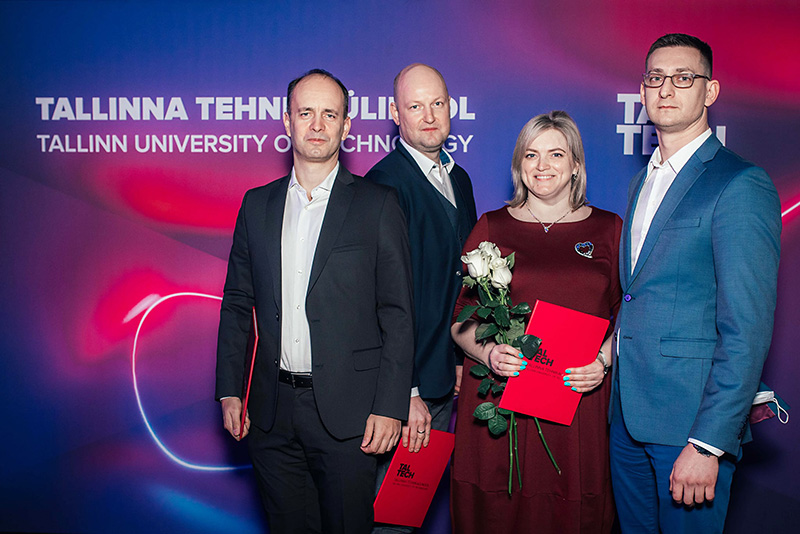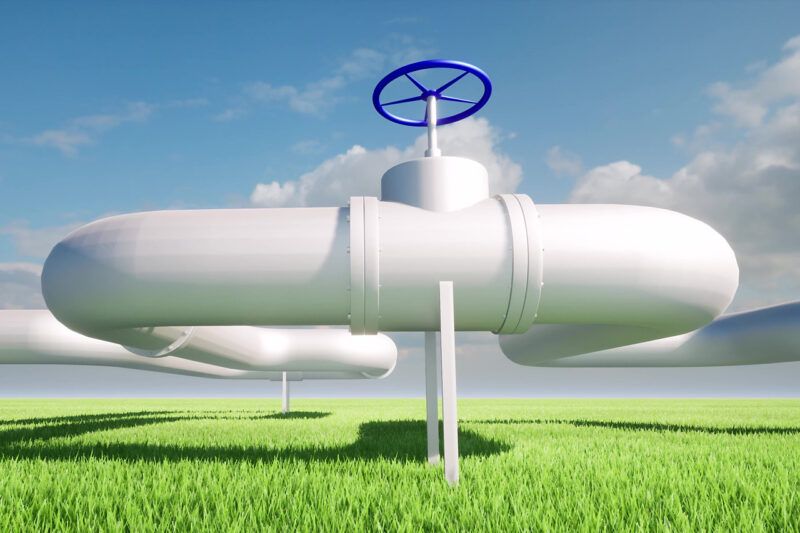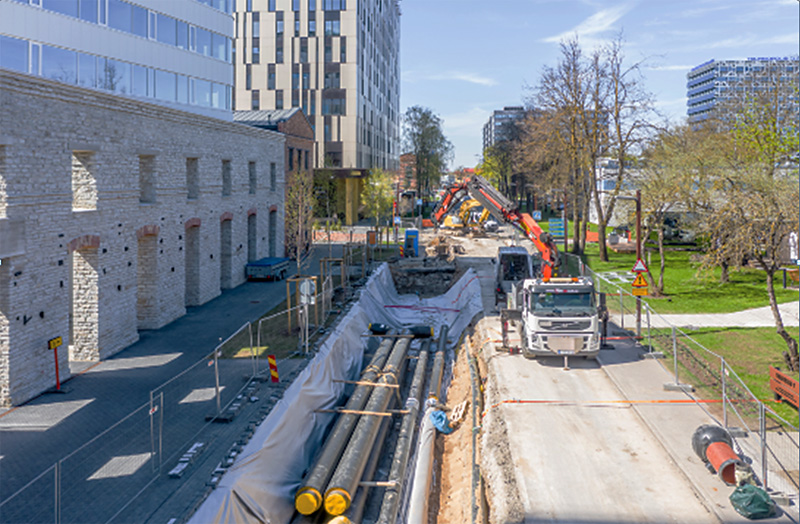Fimpecin Igor Krupenski ja Aleksandr Ledvanov tieteellisessä Energy Reports -julkaisussa

Fimpec Groupiin kuuluvan virolaisen HeatConsult OÜ:n asiantuntijat Igor Krupenski ja Aleksandr Ledvanov ovat tehneet yhdessä muiden asiantuntijoiden kanssa kattavan katsauksen uusimmista innovaatioista biomassapohjaisten yhdistetyn lämmön ja sähkön voimalaitosten (CHP) tuottaman ylimääräisen lämmön tehokkaasta hyödyntämisestä. Tutkimus on julkaistu monitieteisessä, verkossa ilmestyvässä Energy Reports -aikakausilehdessä.
HeatConsult OÜ on lämpö- ja kaasuhankkeiden projektinjohtoon ja asiantuntijatehtäviin erikoistunut konsulttiyritys. Yhtiö on osallistunut viime vuosina menestyksekkäästi useisiin paikallisiin ja kansainvälisiin energia-alan investointi- ja kehityshankkeisiin,
Menestyksellisen toiminnan taustalla on yhtiön asiantuntijoiden syvällinen osaaminen, jota arvostetaan myös akateemisessa maailmassa. Konkreettisia osoituksia tästä ovat tieteelliset tutkimukset, joita HeatConsultin asiantuntijat Igor Krupenski ja Aleksandr Ledvanov ovat olleet tekemässä.
Vuonna 2021 he julkaisivat yhdessä Henrik Pieperin, Tanel Kirsin, Kertu Lepiksaarin, Anna Volkovan ja Eduard Latõsovin kanssa tieteellisessä Energy Reports -aikakausilehdessä yhä ajankohtaisen tutkimuksen Efficient use of heat from CHP distributed by district heating system in district cooling networks. Tutkimuksen tulokset esiteltiin 17. kansainvälisessä kaukolämmityksen ja -jäähdytyksen symposiumissa, joka järjestettiin 6–9.9.2021 Nottinghamissa Trentin yliopistossa.
Tutkimuksen tiivistelmä
District cooling (DC) can play an important role in smart energy systems. With the global trend of reducing heat loss in buildings, cooling demand will continue to increase. Considering the potential for free cooling and waste heat utilization in DC systems, a practical approach is needed to develop new DC networks. Tallinn has over 60 years of experience in developing district heating (DH) networks. The city has installed large capacities of biomass-based combined heat and power plants (CHPs). National support mechanisms allow the DH operator to generate power from CHPs and reject heat during warmer months when the heat load is insufficient. This heat can be used for DC.
This study investigates an applied approach to DC development in Tallinn’s Ülemiste City. Ülemiste City is a business park with an existing developed area of 160 000 m². The main source of cooling for the DC network is an absorption chiller that uses rejected heat from a CHP 7 kilometres away from the DC plant. The current DH supply temperature in Tallinn during the non-heating season is 70 ◦C. To determine the optimal technical solution for an effective energy efficiency ratio of the absorption chiller and heat transmission in the DH network, various scenarios were evaluated where the DH supply temperature was 70 ◦C, 80 ◦C, and 90 ◦C. An assessment of the technical parameters is provided for these scenarios. The paper presents an overview of the efficient use of rejected heat from CHPs in DC.
» Lue koko artikkeli täältä (englanniksi)


